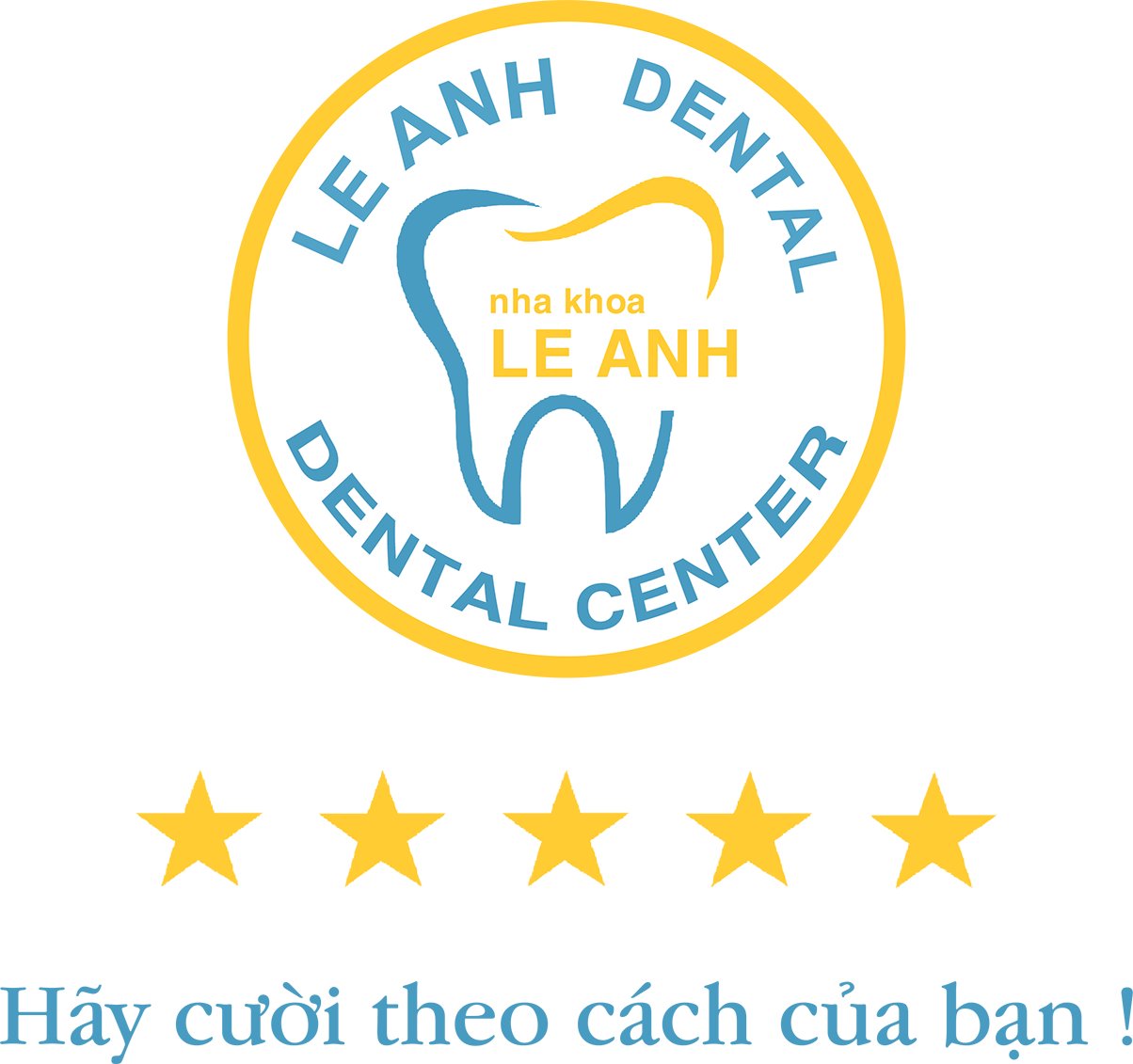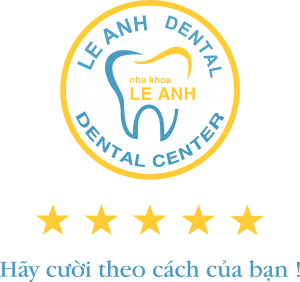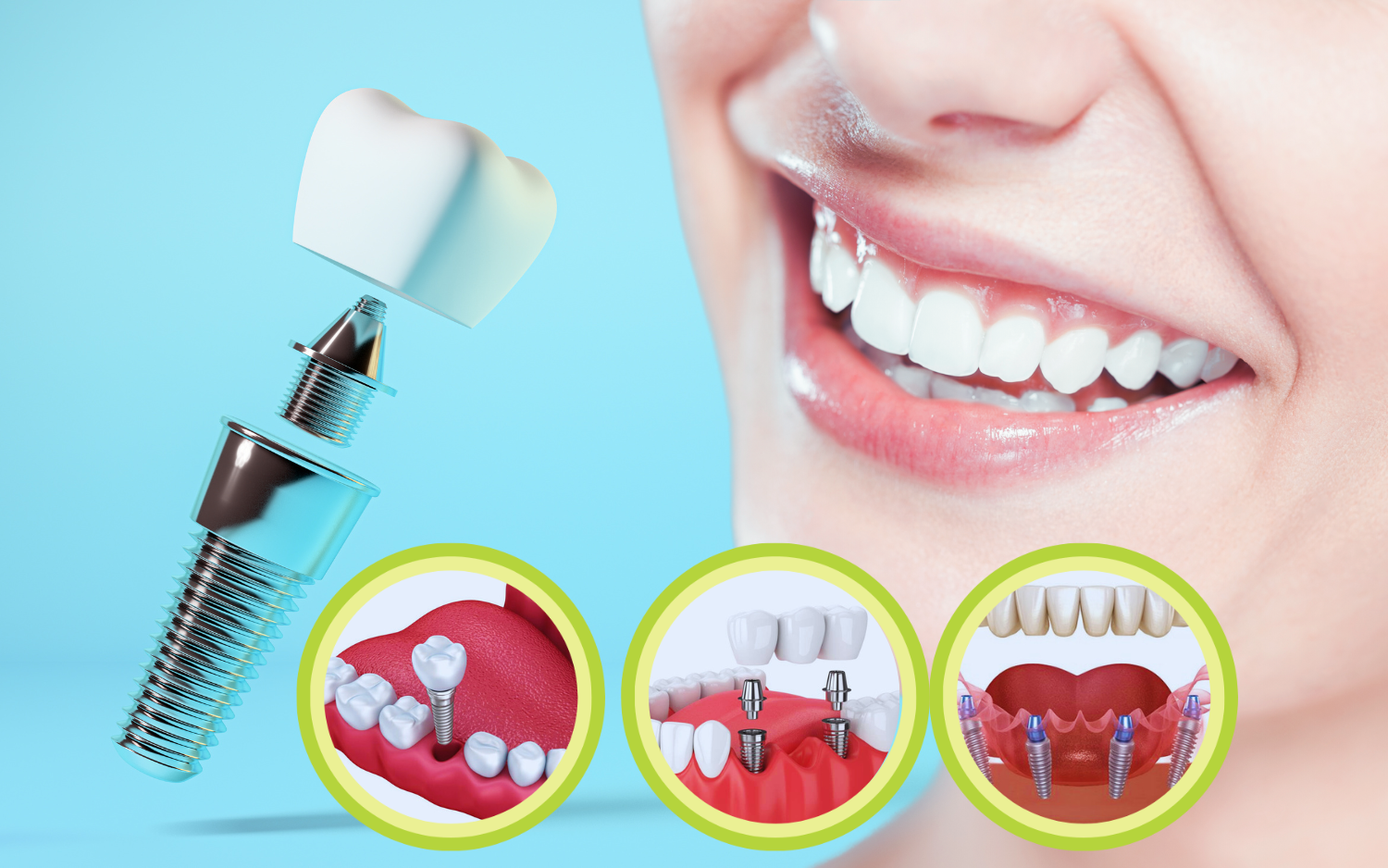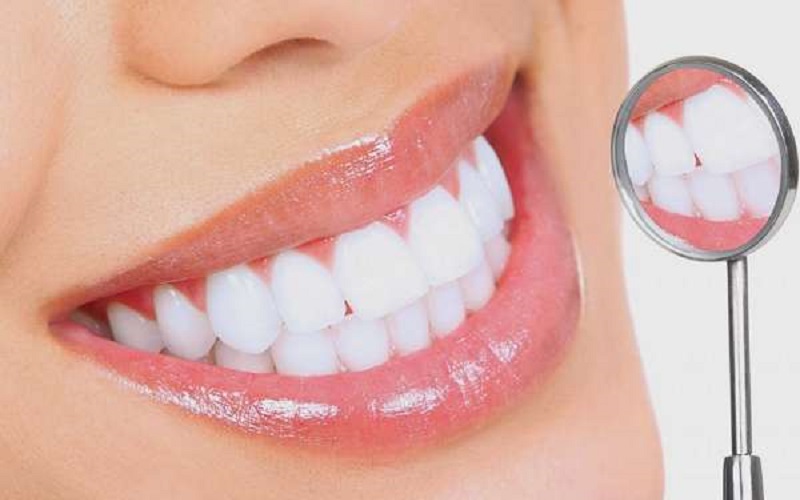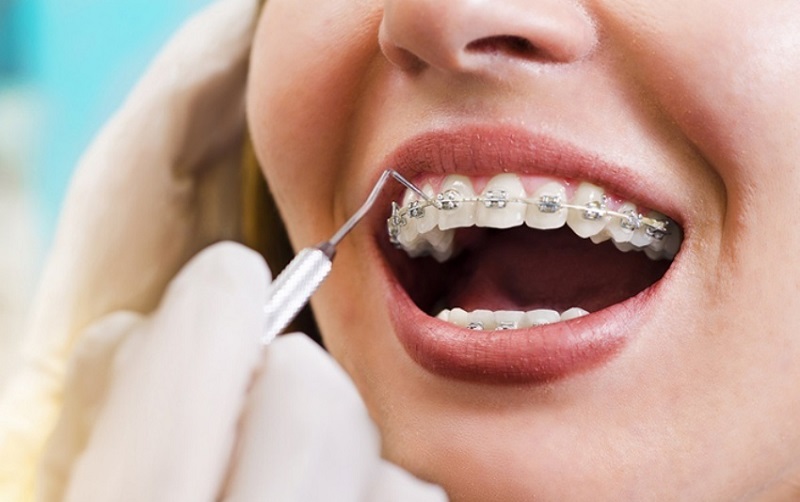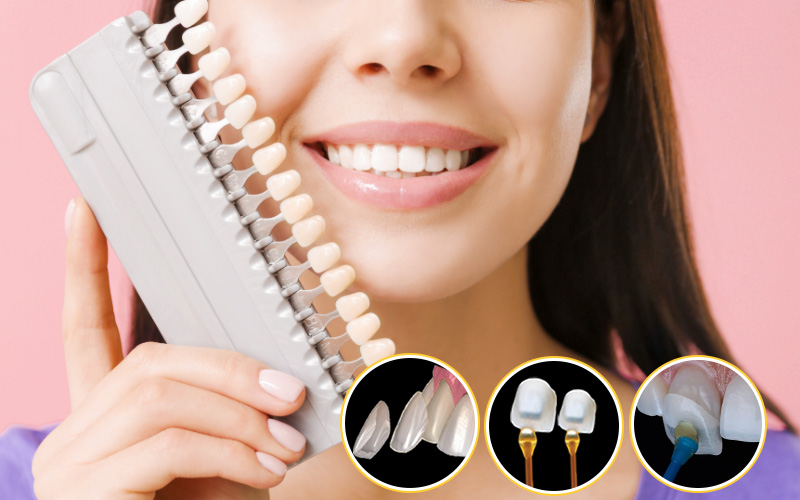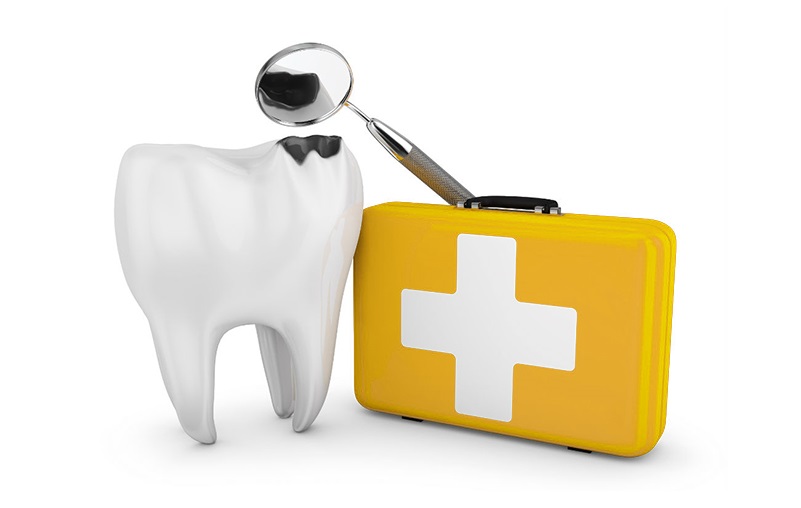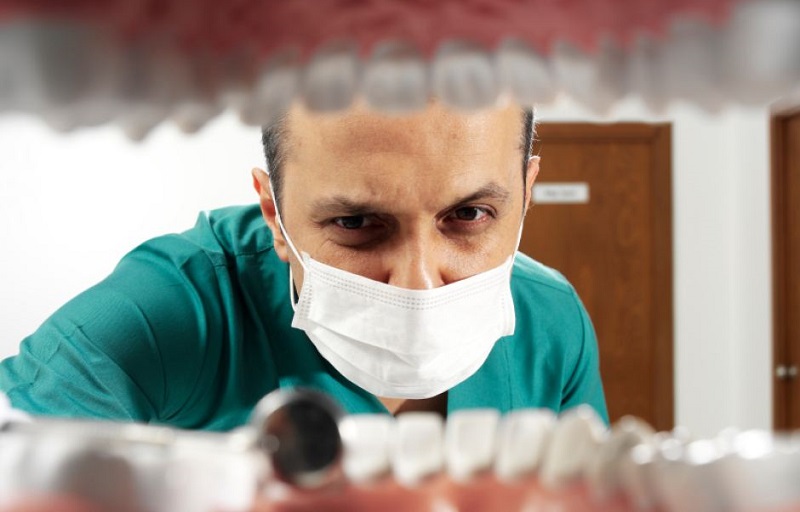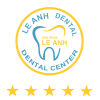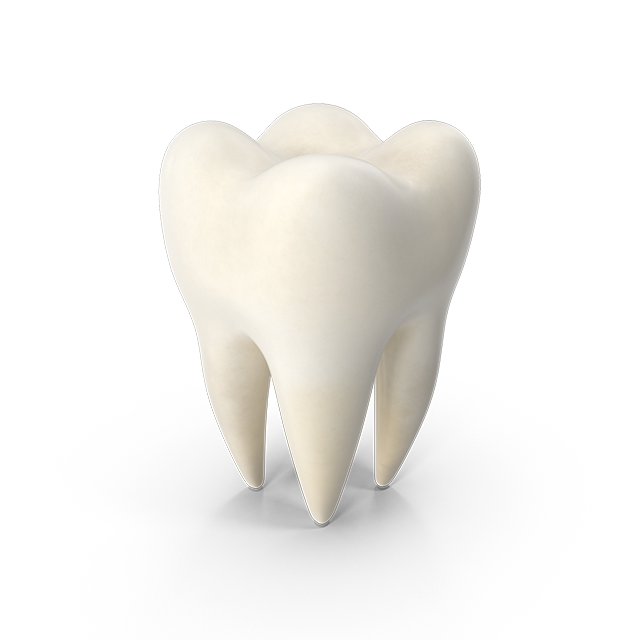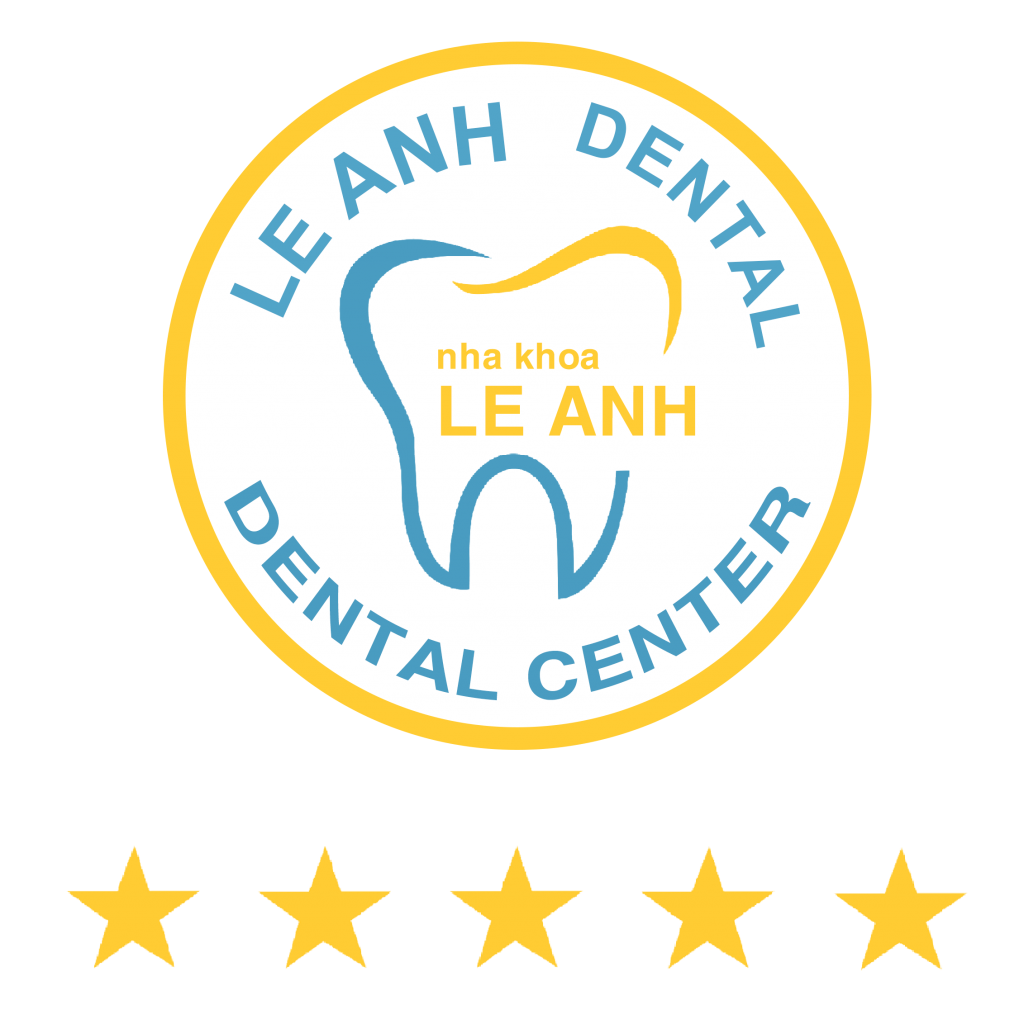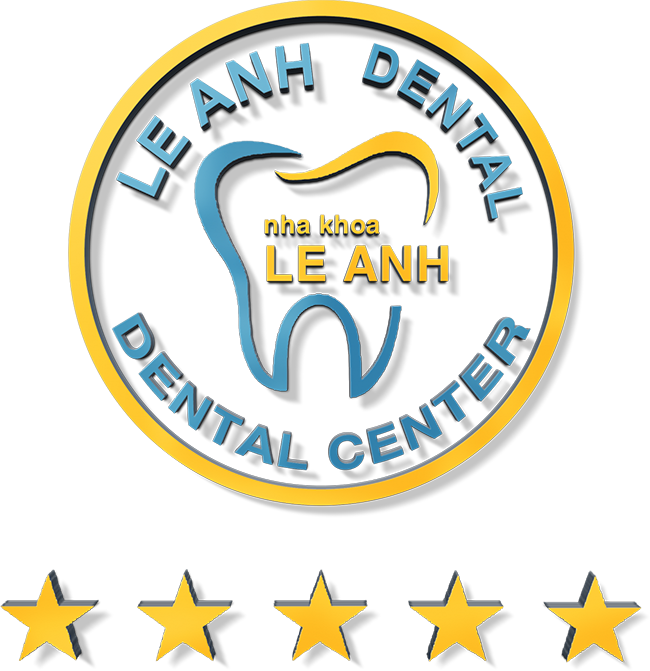Wisdom teeth, when they grow in an unfavorable position, can cause damage to neighboring teeth and the chewing mechanism. This condition not only leads to pain and discomfort but also has the potential to result in various complications and serious impacts on the surrounding areas.
So, what is the safest way to handle wisdom teeth? Let’s explore the following article together with Nha khoa Lê Anh.
Why do wisdom teeth grow misaligned?
Wisdom teeth, also known as the third molars or the eighth teeth, are the last teeth to emerge in the dental arch. Wisdom teeth usually grow between the ages of 16 and 25 when the jawbone stops growing and has reached its full hardness.
Due to lack of space, wisdom teeth often seek an alternative path to emerge, leading to uneven growth and causing crowding with the adjacent teeth, particularly the seventh tooth.
Among them, the lower wisdom teeth have the highest rate of uneven and submerged growth (meaning they cannot fully emerge and remain entirely within the jawbone).
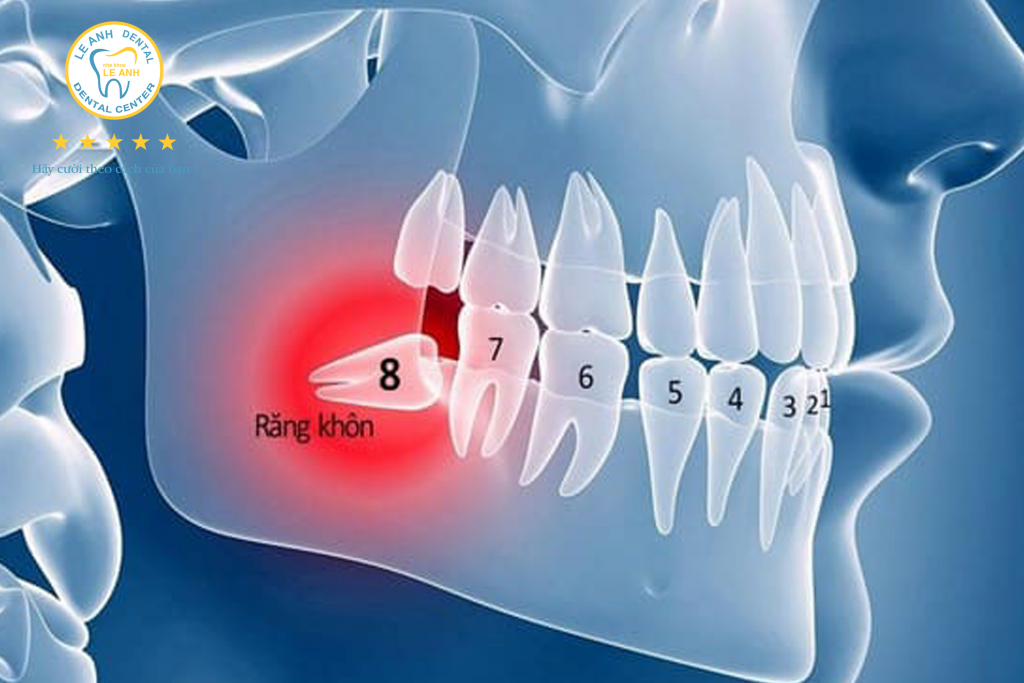
What happens if you don't remove wisdom teeth?
Wisdom teeth play a minor role in chewing food. However, if wisdom teeth grow unevenly or submerge, crowding with other teeth, preventive measures should be taken to avoid dangerous complications:
- Inflamed gum pocket: Unevenly growing wisdom teeth can trap food particles, making this area difficult to clean and leading to inflammation, infection, and the formation of pus-filled pockets. In severe cases, it can cause jawbone inflammation and blood infections.
- Tooth decay: This is a common issue. Unevenly growing wisdom teeth can create gaps that trap food between them and the seventh tooth, making oral hygiene challenging and providing an environment for bacteria to thrive. This can cause decay in the seventh tooth and potentially lead to pulpitis.
- Cyst formation: Submerged teeth within the jawbone can form cysts that silently progress. If left untreated, the jawbone will gradually be eroded, increasing the risk of jaw fractures.
- Bite misalignment: Over time, unevenly growing or submerged wisdom teeth can exert significant pushing force on other teeth, leading to misalignment and causing the entire jaw to shift. This affects both aesthetics and the chewing function of the dental arch.
- Mouth ulceration: Misaligned wisdom teeth may cause trauma to the mouth mucosa during chewing, resulting in ulceration of the cheek and the mucous membrane opposite the eighth tooth.
- Chronic pharyngitis: Pus from inflamed pockets around wisdom teeth can frequently flow down to the throat, causing chronic pharyngitis.
- Lymph node complications: Complications of inflammation around wisdom teeth are often accompanied by inflammation of the jaw and posterior jaw.
- Periodontal disease: Uneven and submerged wisdom teeth can lead to periodontal disease in adjacent teeth.
- Jaw stiffness: Swelling at the jaw angle, difficulty opening the mouth, difficulty eating, and painful jaw movements.
- Other complications may include joint disorders, temporomandibular joint pain, hindrance of seventh tooth growth, affecting chewing function and aesthetics, as well as potentially causing reduced or lost sensation in the lips, skin, mucous membrane, and teeth in the lower jaw.
The ideal time to remove wisdom teeth is between 18 and 25 years of age when the root of the teeth is two-thirds formed. Delaying wisdom teeth removal until after 35 years old can make the procedure more difficult due to the harder bone and other systemic and local factors that impede the extraction process.
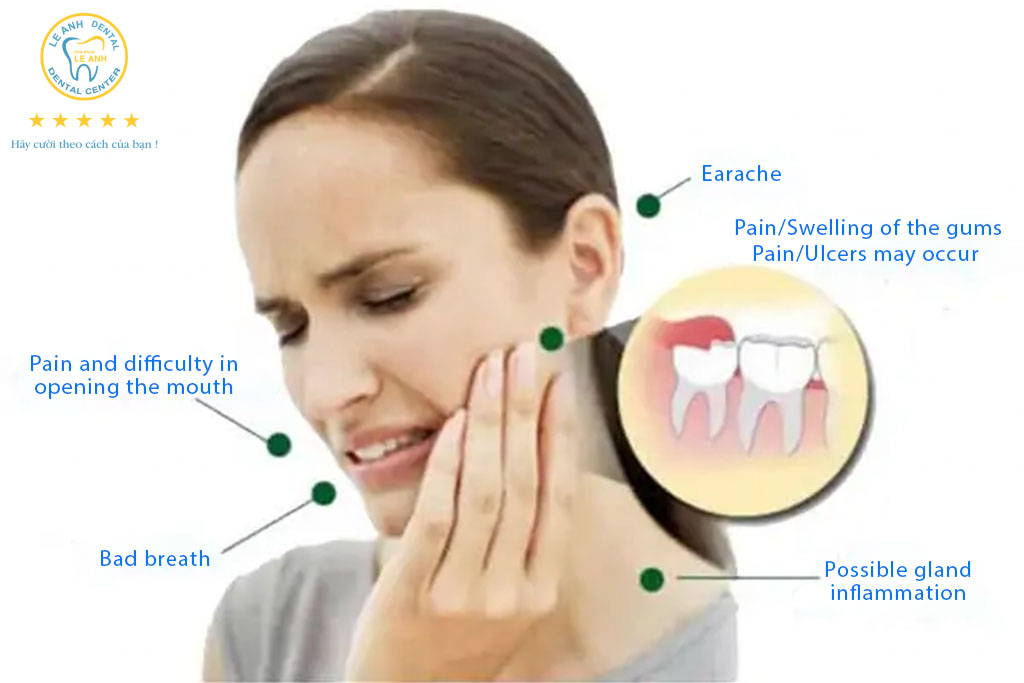
The Safest Way to Handle Wisdom Teeth.
As mentioned above, wisdom teeth play a minor role in chewing, but the discomfort and troubles they may cause are not insignificant. Therefore, when wisdom teeth grow unevenly or submerge, causing pain and discomfort, dentists often recommend extraction. Removing wisdom teeth early can prevent adverse effects on the surrounding teeth.
One of the most significant concerns of patients when advised to remove their eighth teeth is whether the procedure is painful and has any adverse effects. However, with the advent of new wisdom teeth extraction techniques and choosing skilled dentists from reputable dental centers, the process can be entirely gentle and free of discomfort.

Le Anh Dental Center takes pride in having a team of highly skilled dentists equipped with state-of-the-art medical equipment directly imported from Europe, including 3D Cone Beam CT X-ray machine, Panorex-Cephalometric system, 3D analysis technology, all meeting the standards set by the Ministry of Health, ensuring the most effective examination and treatment process.
Schedule your appointment with Le Anh Dental Center now: m.me/nhakhoaleanhdentalcenter
Or contact our hotline: 0251 651 6789 – 0762 79 09 09 for guidance and appointments.
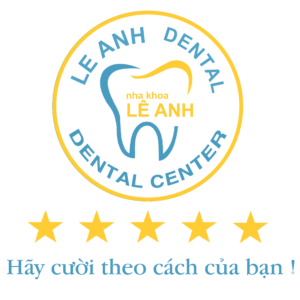
Le Anh Dental Clinic – Implant Center – Orthodontics – Aesthetic Porcelain Teeth
Or Inbox: m.me/leanh.dental.clinic
Address: 846 Khu 8, Tan Phu Town, Dong Nai Province
Hotline: 0251.651.6789 – 0762.79.09.09
https://www.facebook.com/leanh.dental.clinic
